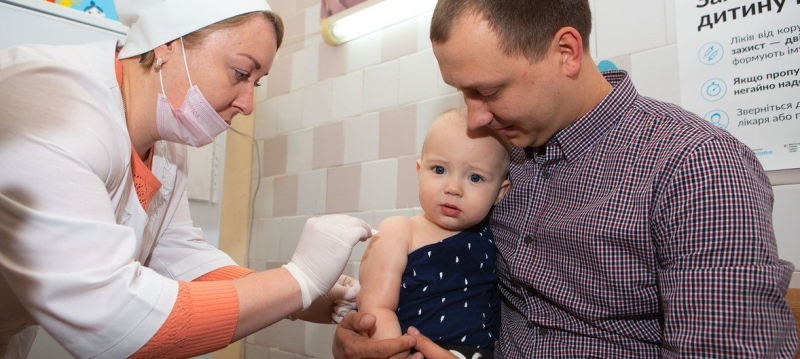
In some regions, health services – from vaccinations and obstetrics to emergency response – have fallen by 70 percent. WHO offers countries a way out of the health care financing crisis Health
The World Health Organization (WHO) has published new recommendations for countries facing sharp and widespread cuts in external financial assistance for health care. These cuts are already disrupting vital health services in dozens of countries, especially in low- and middle-income countries.
International aid for health is projected to fall by 30 to 40 percent in 2025 compared to 2023. The impact is already being felt: In some regions, health services – from vaccinations and obstetrics to emergency response – have fallen by 70 percent, according to a March 2025 WHO survey of 108 countries. More than 50 countries reported massive layoffs of medical personnel and disruptions in training.
WHO Director-General Tedros Adhanom Ghebreyesus called the situation critical, emphasizing that sudden and unprepared cuts in aid had already cost many countries lives and jeopardized the gains of recent years. At the same time, he noted that the crisis can be transformed into an opportunity to move from dependence to sustainable development using internal resources.
Political and budgetary priority
A new WHO document, “Responding to the health financing emergency: immediate action and long-term change,” offers countries concrete steps to cope with financial shocks and build resilient health systems. WHO encourages governments to view health spending not as a cost, but as an investment in stability, dignity and economic sustainability. Even in times of crisis, health care must remain a political and budgetary priority.
Recommendations include protecting health budgets and key services, especially those vital to the most vulnerable populations. WHO also suggests improving cost efficiency – for example, through smart purchasing, reducing administrative costs and integrating externally funded programs into the overall primary health care system. In addition, the organization advises the use of modern technologies and analytical tools to select the most effective medical services and drugs.
Specific steps
Some countries have already begun to act. Kenya, Nigeria and South Africa have increased or plan to increase their health budgets. Nigeria has added $200 million to its health budget, targeting vaccinations, epidemic control and priority programs. Ghana has lifted restrictions on the excise tax paid into the national health insurance fund, resulting in a 60 percent increase in the budget. Uganda has developed a strategy to integrate health programs to improve efficiency and maintain access to services.
New WHO recommendations are based on the principles of universal health coverage and a strong primary health care system. They are also consistent with decisions of the World Health Assembly, including resolutions on global strengthening of financing and the economics of health for all.
In December 2025, WHO, together with the Government of Japan and the World Bank, will launch a new UHC Knowledge Hub to help countries share experiences, receive technical support and cope with financial challenges.
